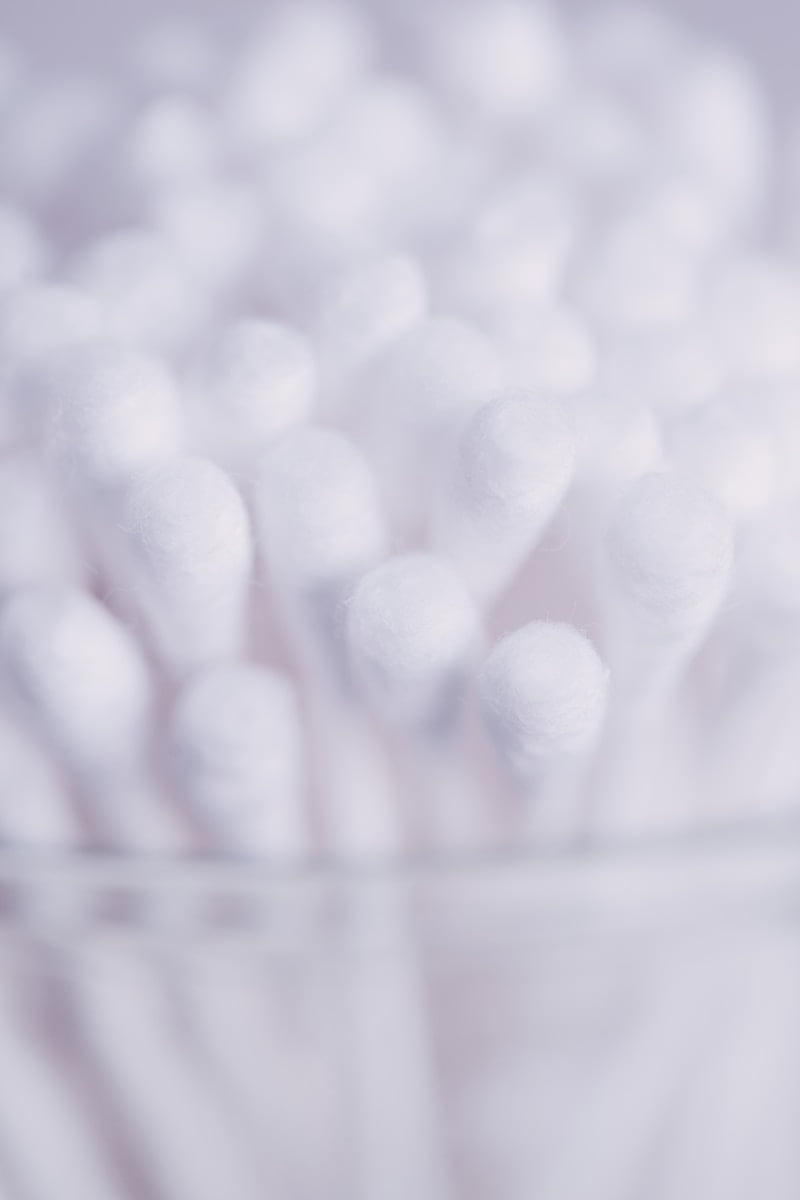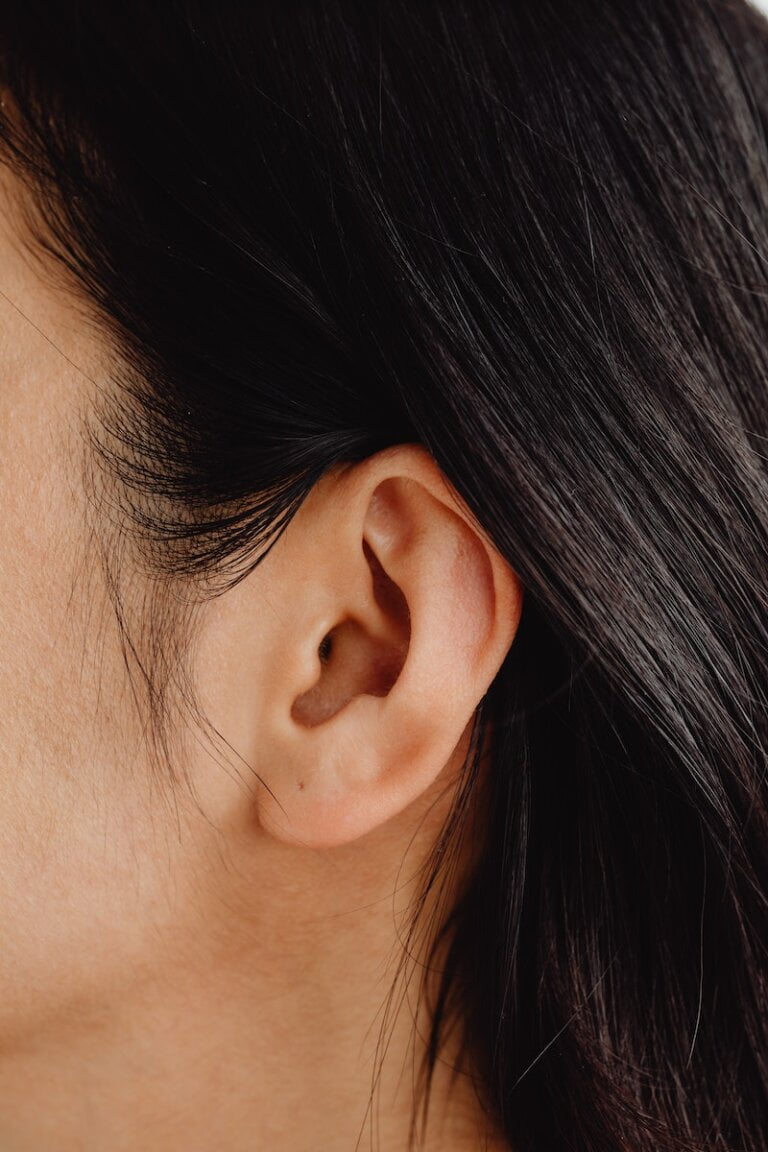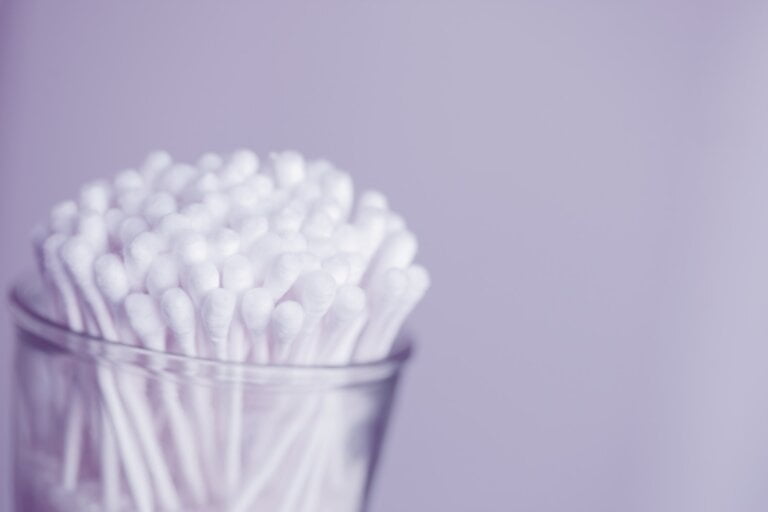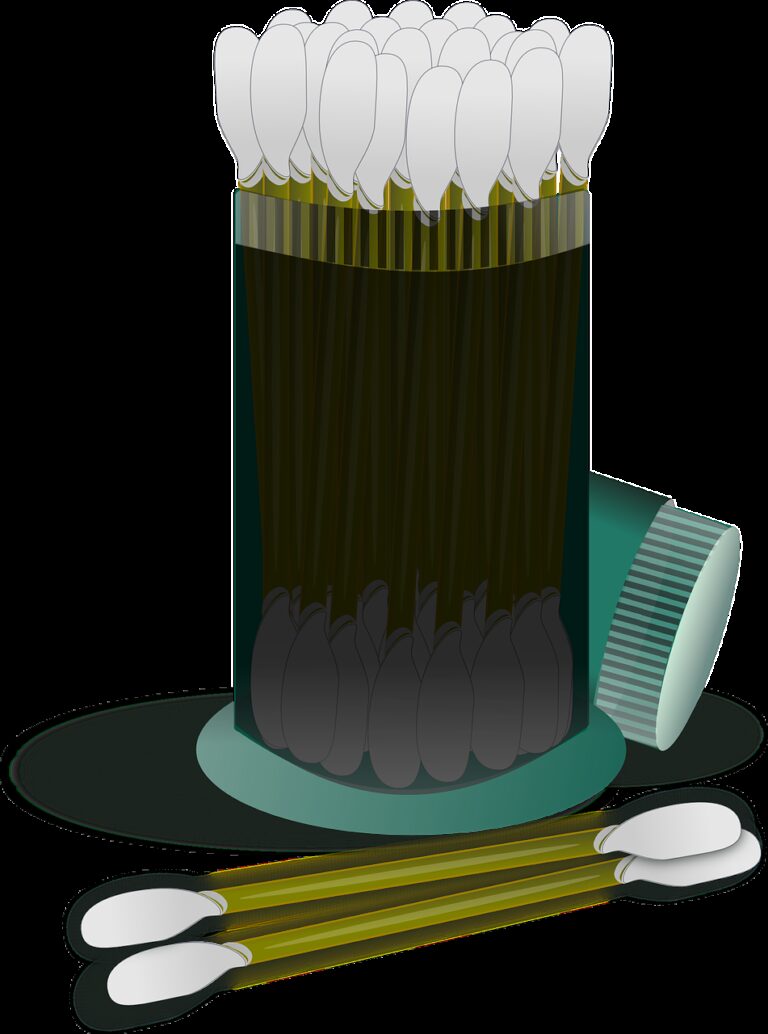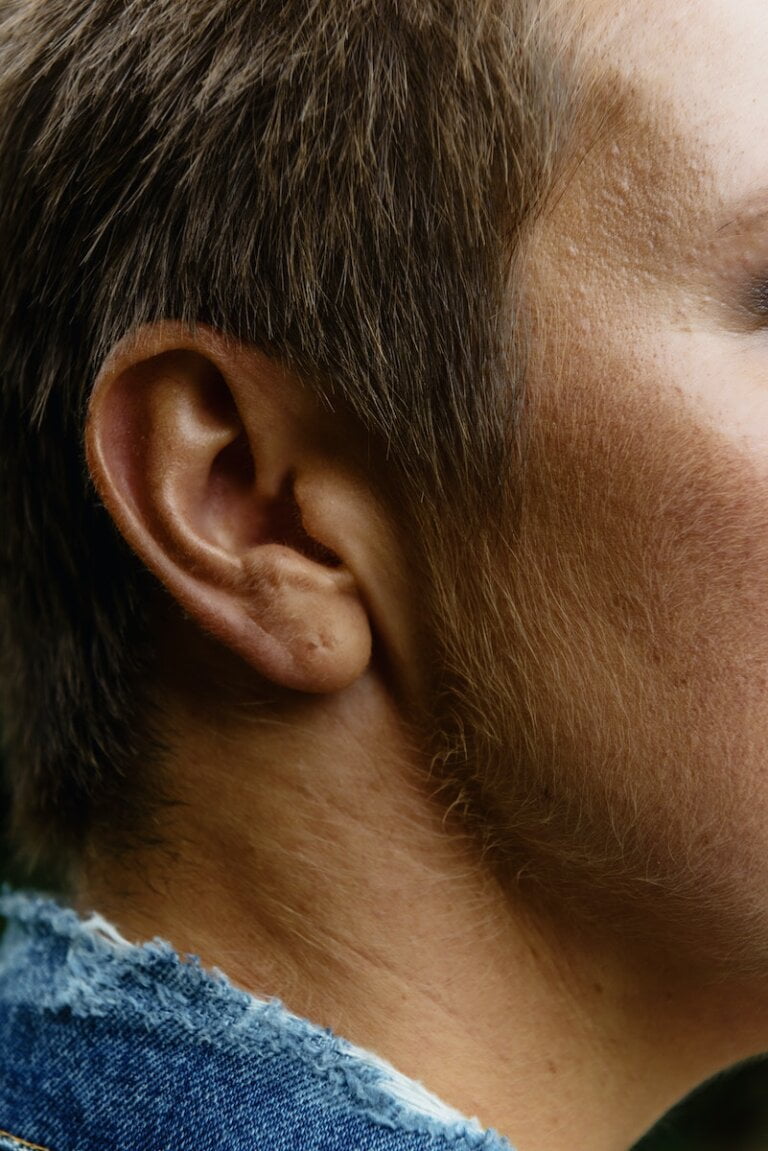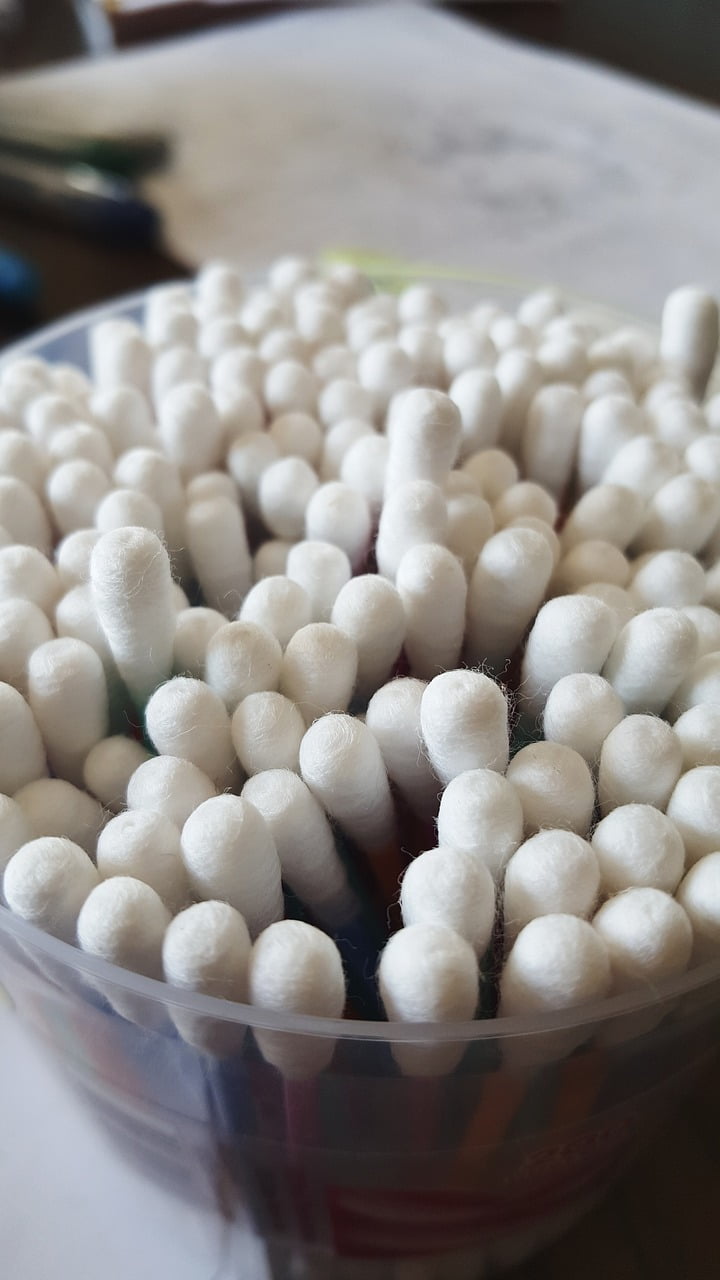Ear Wax Unveiled: Exploring the Nature and Purpose of Ear Wax
Introduction
Ear wax, also known as cerumen, is a natural substance produced by the body to protect and lubricate the ear canal. It is often seen as a nuisance, but in reality, ear wax plays a vital role in maintaining ear health and protecting the delicate structures within the ear. In this comprehensive article, we will delve into the nature and purpose of ear wax, shedding light on its importance and how it contributes to our overall well-being.
What is Ear Wax?
Ear wax is a sticky, waxy substance that is produced by the ear canal. It is secreted by specialized glands located within the outer part of the ear canal. The composition of ear wax can vary from person to person, ranging from a dry, flaky consistency to a wet, sticky texture.
Ear wax is primarily composed of dead skin cells, hair, and secretions from the ceruminous glands. These glands are responsible for producing cerumen, which is then transported through the ear canal. The consistency and color of ear wax can also vary depending on factors such as age, diet, and overall health.
The Purpose of Ear Wax
Ear wax serves several important functions that contribute to the health and well-being of our ears. Let’s take a closer look at its primary purposes:
- Protection: One of the main functions of ear wax is to protect the delicate structures of the ear from foreign particles, such as dust, dirt, and insects. The sticky nature of ear wax helps to trap these particles, preventing them from entering the deeper parts of the ear and potentially causing damage or infection.
Ear wax acts as a natural barrier that shields the ear canal and eardrum from external elements. It forms a protective layer that prevents foreign substances from reaching the sensitive inner ear. Without ear wax, the eardrum would be more susceptible to damage and infections.
- Moisturization: Ear wax contains natural moisturizing properties that help to keep the ear canal lubricated. This helps to prevent dryness, itching, and discomfort in the ear canal.
The ear canal is lined with delicate skin that needs to stay moisturized for optimal health. Ear wax acts as a natural moisturizer, preventing the skin from becoming dry and irritated. It also helps to maintain the flexibility of the ear canal, allowing it to function properly.
- Antibacterial Properties: Ear wax possesses antibacterial properties, which help to combat harmful bacteria and prevent infections. It creates an acidic environment that inhibits the growth of bacteria and fungi, providing a natural defense mechanism for the ear.
The acidic nature of ear wax creates an inhospitable environment for bacteria and fungi. This helps to prevent the growth of harmful microorganisms that can cause ear infections. The antibacterial properties of ear wax contribute to the overall health and cleanliness of the ear canal.
- Self-Cleaning Mechanism: The movement of the jaw during activities such as talking, chewing, and yawning helps to naturally move the ear wax from the ear canal to the outer part of the ear. This self-cleaning mechanism ensures that the ear canal remains clear of debris and maintains optimal functionality.
The jaw movements we make in our daily activities play a crucial role in the self-cleaning process of the ear. As we talk, chew, or yawn, the muscles in our jaw help to push the ear wax towards the outer part of the ear. This natural process ensures that any accumulated debris or excess ear wax is removed, keeping the ear canal clean and functional.
Common Misconceptions about Ear Wax
There are several misconceptions surrounding ear wax that are important to address:
- More Ear Wax Means Poor Hygiene: The amount of ear wax produced is not necessarily an indicator of poor hygiene. In fact, the production of ear wax is a normal bodily function that varies from person to person. Some individuals naturally produce more ear wax than others, and this does not necessarily indicate a lack of cleanliness.
The production of ear wax is a natural and essential process that varies from person to person. Factors such as genetics, age, and environment can influence the amount of ear wax produced. It is not an indication of poor hygiene but rather a natural bodily function that helps protect and maintain the health of the ear.
- Ear Wax Should Be Removed at All Costs: While it may be tempting to remove ear wax using cotton swabs or other objects, it is important to note that the ear is self-cleaning and removing ear wax excessively or improperly can lead to complications. It is recommended to let the ear wax naturally migrate out of the ear canal, and if there is a significant buildup or discomfort, seeking professional medical advice is advised.
Although it may seem necessary to remove ear wax, it is important to understand that the ear has its own self-cleaning mechanism. Inserting cotton swabs or other objects into the ear canal can push the ear wax further inside or even injure the delicate structures of the ear. It is best to allow the ear wax to naturally migrate out of the ear canal. If there is a significant buildup or discomfort, it is advisable to seek professional medical advice for safe and effective removal.
- Ear Wax Causes Hearing Loss: While a significant buildup of ear wax can temporarily affect hearing, it is important to note that ear wax itself does not cause permanent hearing loss. In fact, removing excessive ear wax without proper knowledge and technique can lead to ear canal trauma, which can potentially result in hearing problems.
While it is true that a buildup of ear wax can temporarily affect hearing by blocking the ear canal, it is not the root cause of permanent hearing loss. Removing excess ear wax without professional guidance can potentially cause damage to the ear canal, leading to hearing problems. It is crucial to seek appropriate medical assistance to address any hearing concerns related to ear wax buildup.
How to Maintain Ear Wax Health
To maintain optimal ear wax health, here are some tips to follow:
-
Avoid Excessive Cleaning: Avoid inserting cotton swabs, bobby pins, or any other objects into the ear canal to clean ear wax. This can push the ear wax further into the canal, potentially causing blockages or injury.
-
Let it Be: Allow the ear wax to naturally migrate out of the ear canal. Regular jaw movements and chewing help in the self-cleaning process.
-
Seek Professional Help: If you experience excessive ear wax buildup or discomfort, it is advisable to seek professional medical advice. A healthcare provider can safely remove the excess wax using specialized tools or techniques.
-
Use Ear Drops: If recommended by a healthcare professional, ear drops can be used to soften and facilitate the removal of excessive ear wax. These drops help to break down the wax, making it easier to be naturally expelled from the ear canal.
-
Protect Your Ears: When engaging in activities that may expose your ears to excessive amounts of water, such as swimming or bathing, consider using earplugs or wearing a shower cap to prevent water from entering the ear canal. Excessive moisture can lead to a buildup of ear wax.
Taking care of your ears and maintaining ear wax health is essential for overall ear health. By following these simple guidelines and seeking professional help when necessary, you can ensure the well-being of your ears and maintain optimal ear wax health.
Conclusion
Ear wax, despite being often viewed as an annoyance, plays a crucial role in maintaining ear health. It serves as a protective barrier, moisturizer, and natural defense mechanism against harmful bacteria. Understanding the nature and purpose of ear wax can help debunk common misconceptions and promote better ear care practices. By following simple guidelines and seeking professional help when necessary, we can ensure the well-being of our ears and maintain optimal ear wax health.
FAQ
- What is the purpose of ear wax?
- Ear wax serves several important functions including protection, moisturization, antibacterial properties, and self-cleaning of the ear canal.
- Does more ear wax indicate poor hygiene?
- No, the amount of ear wax produced is not necessarily an indicator of poor hygiene. It is a normal bodily function that varies from person to person.
- Should I remove ear wax at all costs?
- No, it is recommended to let the ear wax naturally migrate out of the ear canal. Excessive or improper removal can lead to complications. Seek professional medical advice if there is a significant buildup or discomfort.
- Does ear wax cause hearing loss?
- While a significant buildup of ear wax can temporarily affect hearing, ear wax itself does not cause permanent hearing loss. Removing excessive ear wax without proper knowledge and technique can potentially lead to ear canal trauma and hearing problems.

